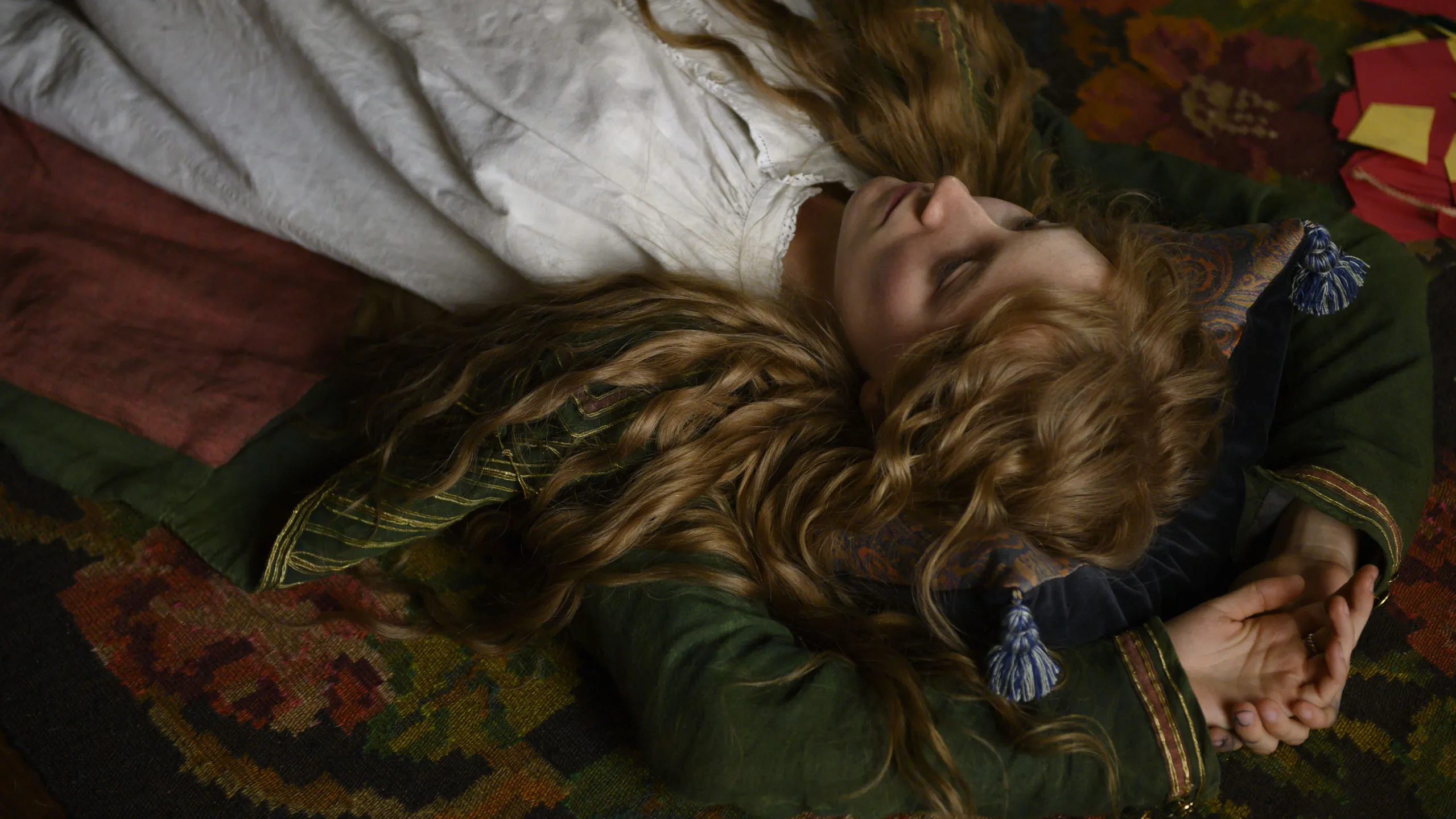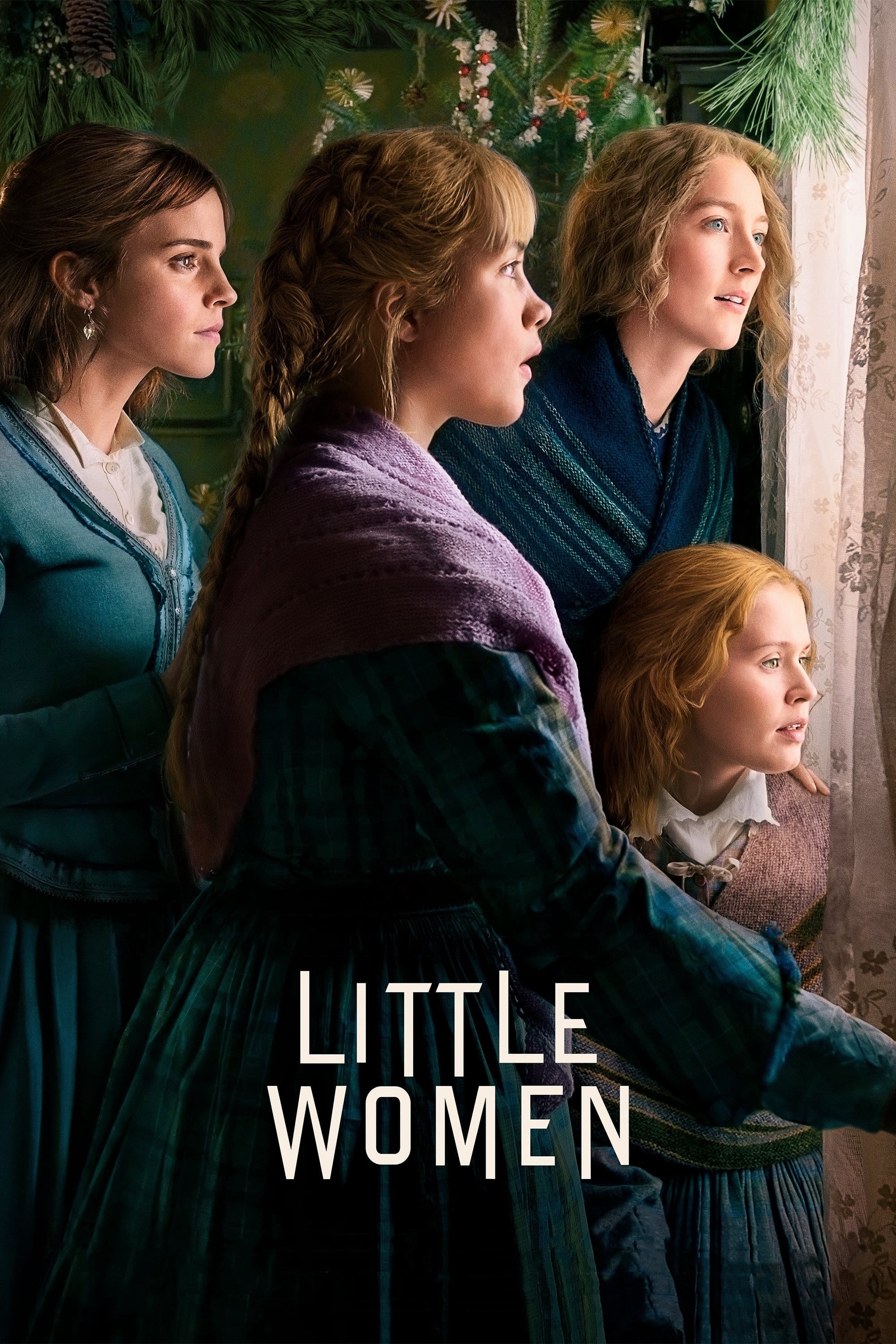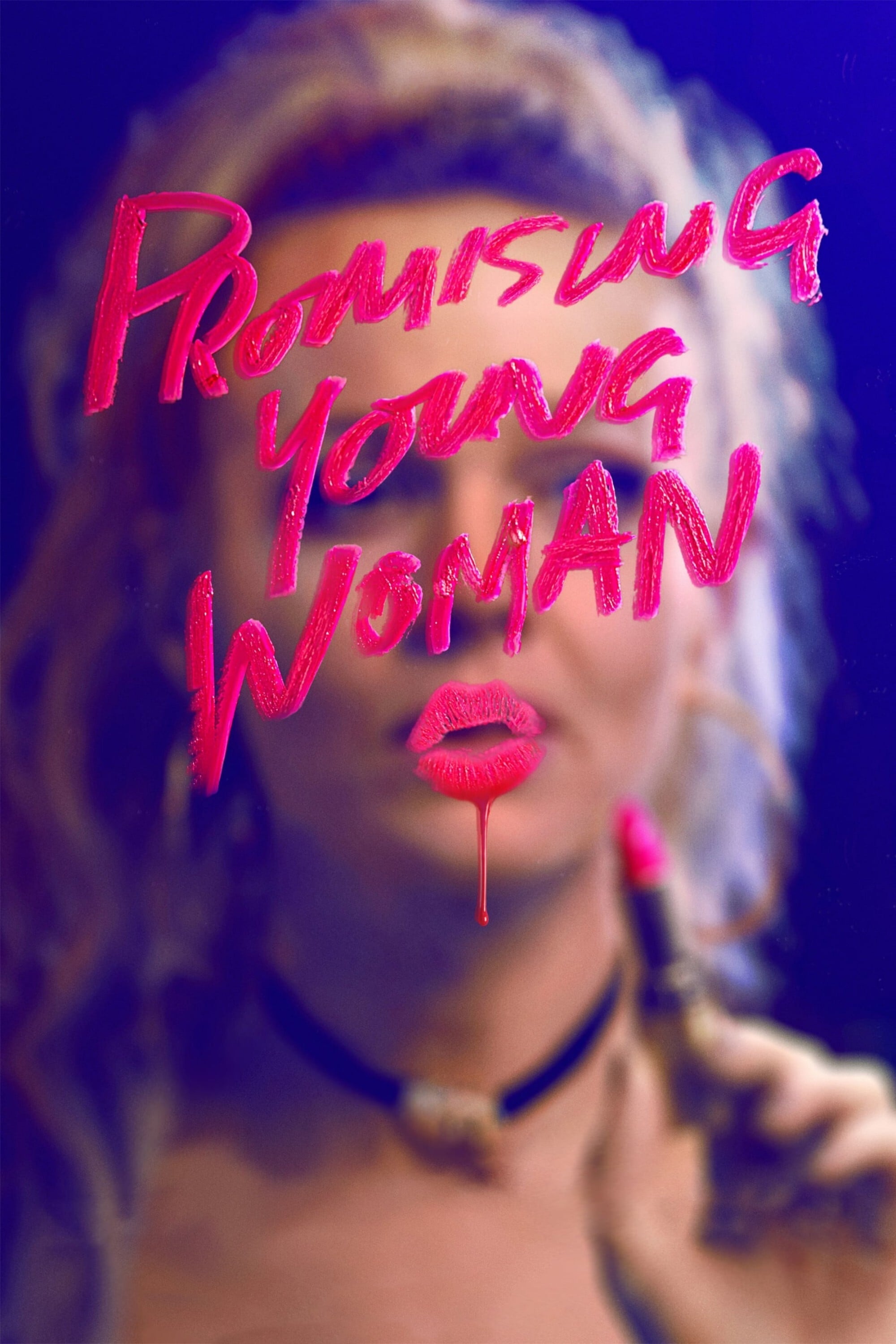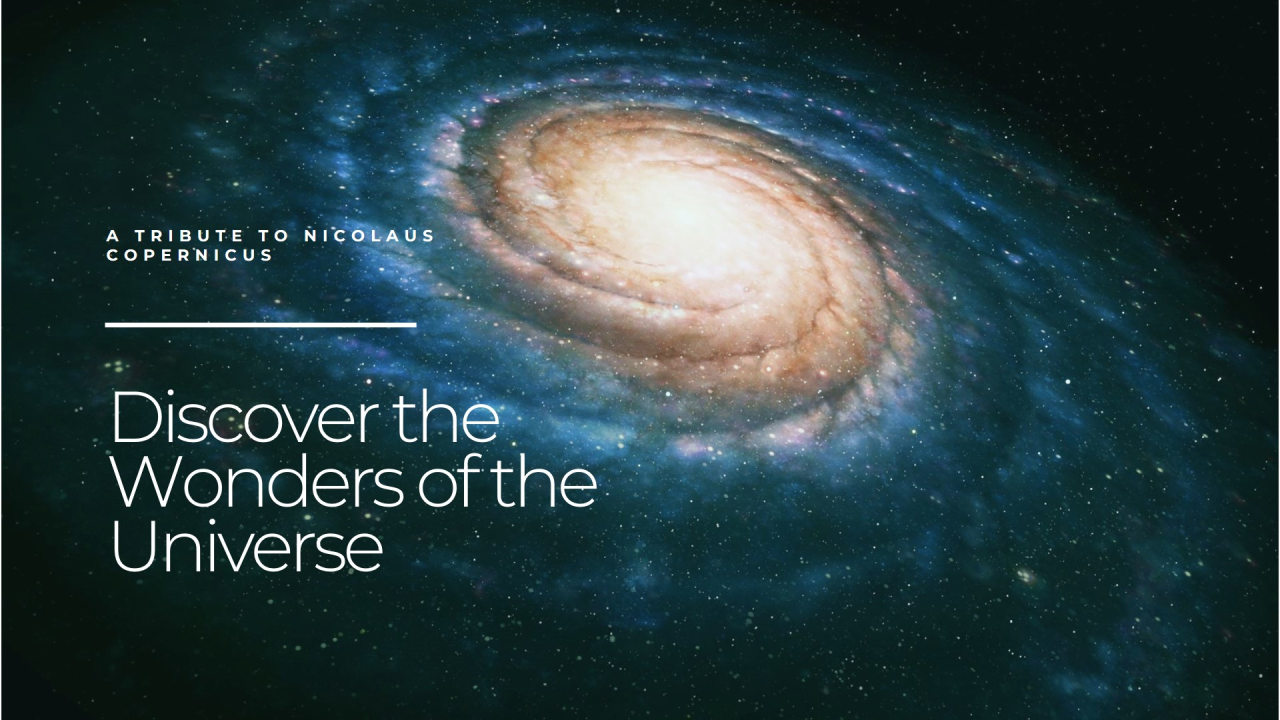Representation is a term that is generally misunderstood by the masses.
It’s not about more parts for women than men. It’s about parts of significance, treating them as characters rather than archetypes. We might have come a long way with representation in media but we have a long way to go. While the blatant drawbacks of underrepresentation are discussed frequently and its impact requires significant, what is often overlooked is the beauty of representation itself. When an individual draws out their vision of a character, they are imbibing that character with their own nuances. Their reality, their experiences. All of this makes a good film but we may never notice it. These are the characters that tend to resonate with us and have an everlasting impact. So this International Women’s Day, we want to talk about how women in cinema, both in front of and behind the camera, have shown the world the worth of the what substance she carries, and that she doesn’t need to be put in the same box as men to make her contribution significant. We have all read Little Women as children.
So what was so special about Greta Gerwig’s adaptation? Sure its brilliant ensemble cast filled up theatres, but rather than have Louisa May Alcott be the author of the book, she has Joe write it. This creates a young artist during a time when women were met with hostility for whatever they did. This is demonstrated by one of the most brilliant monologues in the film is when Saoirse Ronan’s Jo March exclaims how she believes women are more than just kind, humble caretakers and are capable of inventions and discoveries not known to humankind but the expectations of society create a binary path where you either lose out on emancipation that women have fought for or succumb to a lonely future at the cost of your lofty ambitions.
While this film touches upon the sensitivity of womanhood, The Lost Daughter tackles it head on. An interesting concept in business is the double bind that women face in workplaces. If they are too demure, they are dismissed as “feminine”. But if they are assertive and raise their voice, then they are deemed “aggressive”. But why can’t a woman just be a human? Olivia Colman’s Leda isn’t your typical mother. She sees her bogged down, rather than boosted, by her children. The movie’s depiction of subjective memory, of her projecting her feelings on the doll she steals, is inherently not enough as the book it is based on gives us much more insights purely on account of its first person narrative.
We come full circle in Promising Young Woman, which does not hesitate to show us the wrath of a woman wronged. Every man in the film was cast because they had played nice characters, in effect to show that there might not be any nice guys left. There are moments in the film where you would sympathise with the men. But then, like a tempest, the truth comes flowing out of their mouths and we realise how twisted the world is. Carey Mulligan’s Cassie Thomas is vengeful yet confused. She forgives yet doesn’t forget. Which works for us, because a film about a fully-developed person would be boring.








